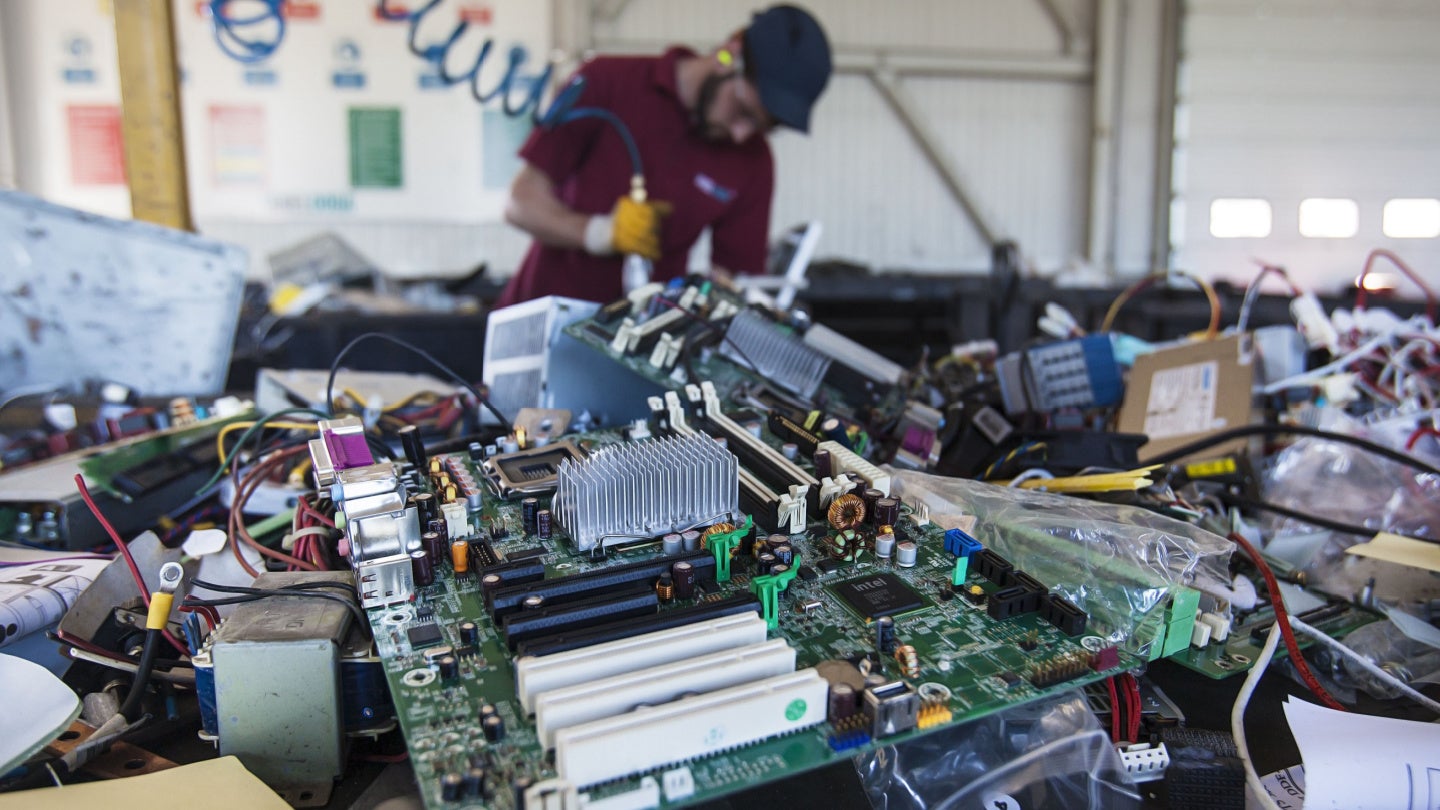
A recent report by Trojan Electronics found that only 11% of refurbished or repaired electronic goods were sold in stores, losing tech retailers an estimated £850m of additional revenue by not selling recycled goods in stores.
Trojan Electronics also found that almost two-thirds of survey respondents had bought a refurbished technology item in the past.
The two main reasons behind purchasing refurbished electronics were cited as an effort to save money and to be more environmentally conscious.
Trojan Electronics CEO James Rigg states that whilst “most people have bought a refurbished product”, most of these sales are online.
Over 70% of consumers buying refurbished tech products did so online, with eight in ten customers turning to eBay for their purchase.
Explaining the possible benefits of in-store refurbished sales, Rigg explained that customers would have the chance to “physically see and handle” refurbished items, boosting their confidence that the product is in good shape.
GlobalData’s 2023 thematic intelligence report into the circular economy elucidates how reusing materials and refurbishing products decouples economic progress from the consumption of finite resources.
In light of a possible critical mineral shortage, refurbished technology could become the norm for many consumers.
As the Geneva Environment Network points out not only does electronic waste, or e-waste, present a hazard to the environment and human health, but also contains valuable materials that could be reused.
However, whilst technology transitions to a circular economy, ESG policies are continually under tighter scrutiny from customers and regulators alike.
A staggering 47% of respondents to a GlobalData survey stated that they believed ESG policies were only a marketing exercise, whilst a further 30% believed that only a small proportion of businesses took ESG policies seriously.
With the total electronics sector accounting for around 4% of total greenhouse gas emissions, according to Trojan Electronics estimates, the sector’s impact on the environment needs to be accounted for.



